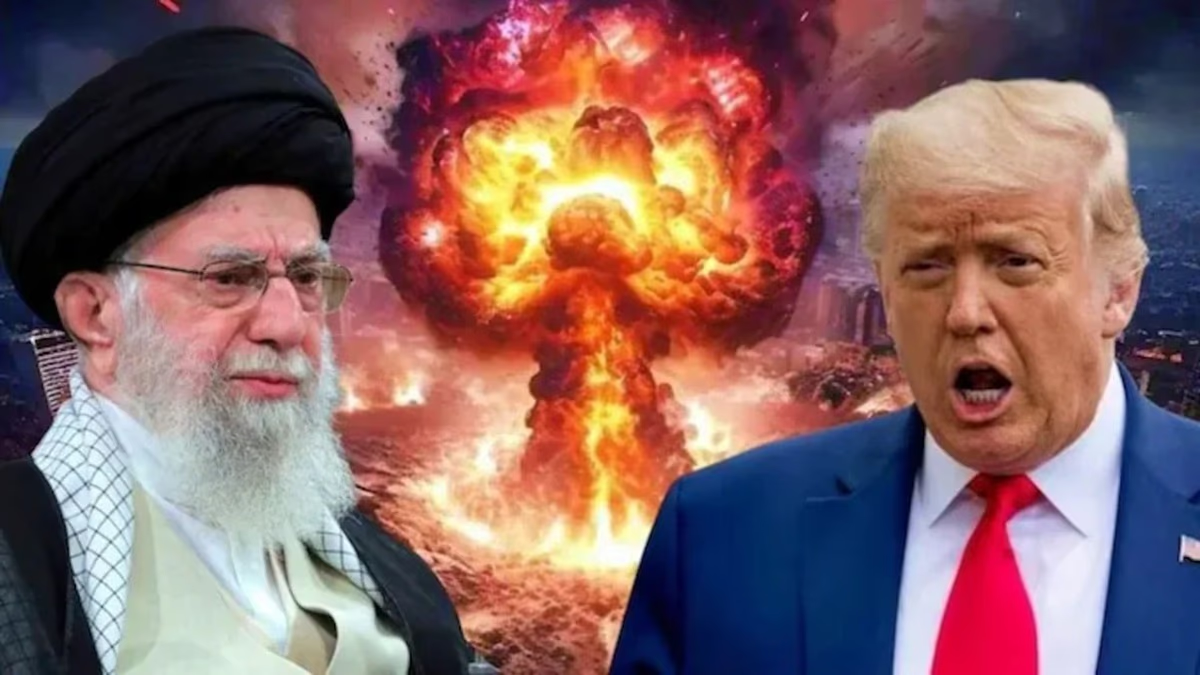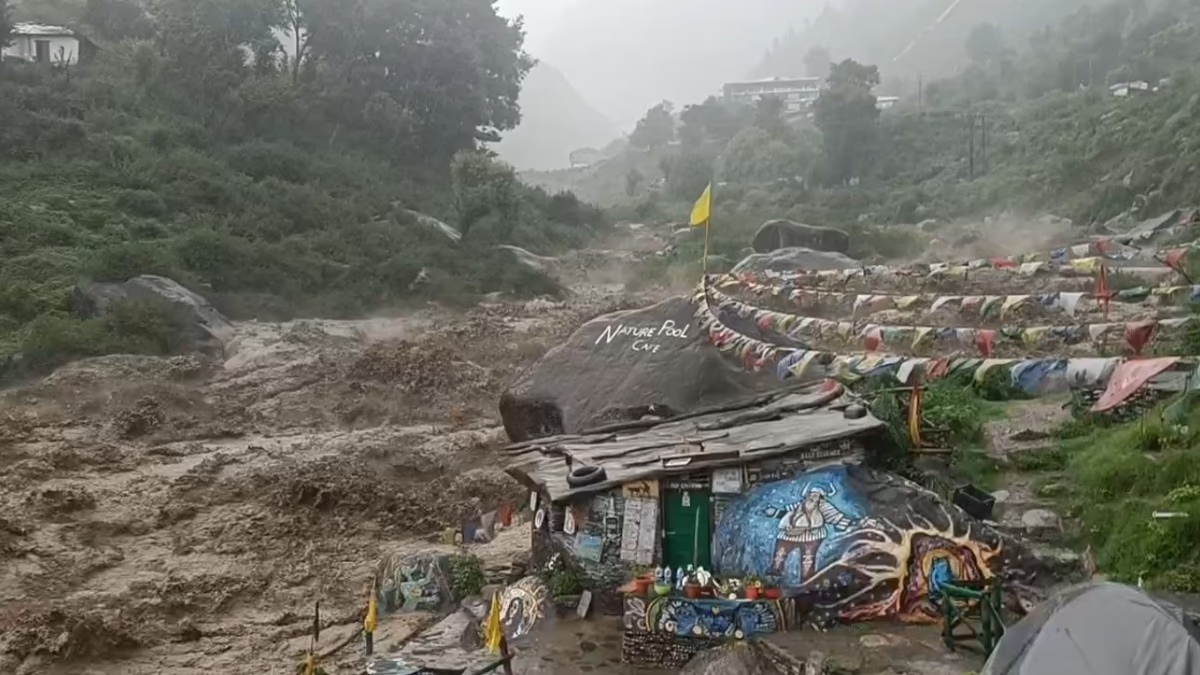Following the cessation of hostilities with Israel, Iran's parliament approved crucial legislation on Wednesday to halt cooperation with the UN nuclear watchdog. This move comes after U.S. bombings on Iranian nuclear sites, raising questions about the potential lack of supervision over Iran's nuclear activities. Both Israel and the U.S. aim to prevent Tehran from building nuclear weapons at any cost, targeting its nuclear sites accordingly.
Inspection of Sites: A New Challenge
According to a Reuters report, this bill requires approval from Iran's non-elected Guardian Council to become law. It stipulates that any future inspections by the IAEA would need authorization from the Supreme National Security Council. State media cited parliament speaker Mohammad Bagher Ghalibaf stating that Iran will now expedite its civilian nuclear program.
The IAEA resolution's accusation against Iran for breaching non-proliferation duties has, according to Ghalibaf, simplified Israeli assaults. He also mentioned that the IAEA refused to condemn attacks on Iran's nuclear sites, jeopardizing its international credibility.
Guarantees of Security Required
Ghalibaf asserted, 'Consequently, Iran's Atomic Energy Organization will suspend cooperation with the agency until it guarantees the security of nuclear facilities, while swiftly advancing the nation's peaceful nuclear agenda.' The parliamentary national security committee approved the bill's framework this week, with the committee spokesperson stating that it would prohibit surveillance cameras, inspections, and IAEA report submissions.
IAEA director Rafael Grossi has expressed the demand for inspectors to return to Iranian sites, including those enriching uranium prior to Israeli strikes on June 13.
U.S. Bombings on Sites
There remain ambiguities about the damage inflicted on sites from Israeli assaults and U.S. bombings on underground Iranian nuclear facilities. Foreign Minister Abbas Araghchi commented this week, 'I believe our perspectives on the nuclear program and non-proliferation framework will evolve, though it's uncertain in which direction.'
Recent U.S. bombings targeted Iran's pivotal nuclear sites Fordow, Isfahan, and Natanz, claiming complete destruction. However, Iran asserts much of its nuclear material was relocated to secret sites pre-strike, with minimal damage incurred. Satellite imagery has provided clear indications supporting this claim.
If Iran ceases collaboration with the Nuclear Watchdog known as the Atomic Energy Agency, there will be a complete blackout on information and data regarding its future nuclear program developments. Additionally, agency observers will no longer access Iranian nuclear sites. It has been known that Iran has enriched uranium to 70-80%, approaching the 90% threshold required for nuclear bomb creation.




